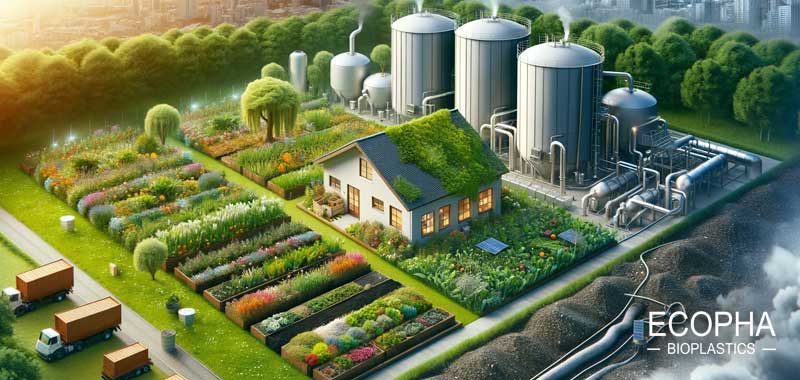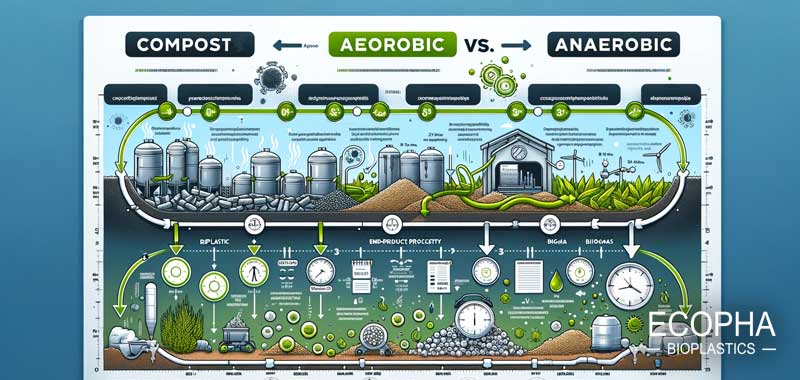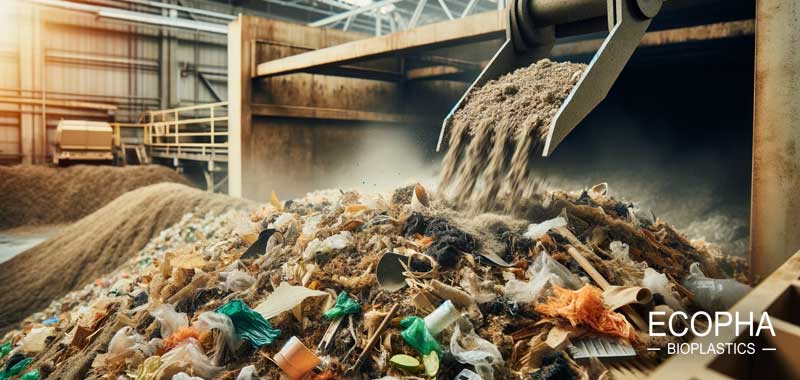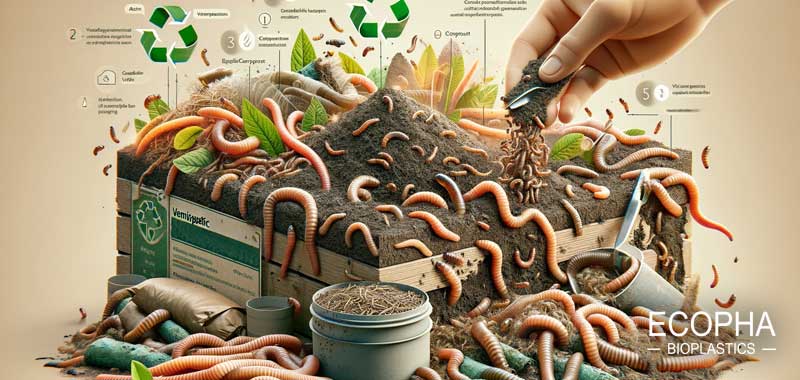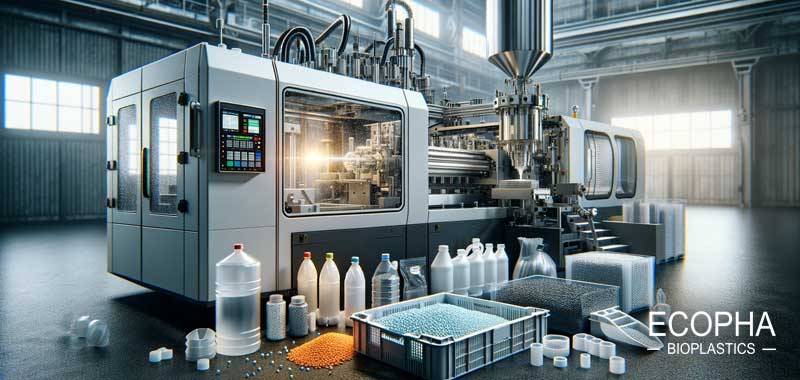Choosing the Right Path: Aerobic vs. Anaerobic Composting with Ecopha
Ecopha Bioplastics delves into the intricacies of aerobic and anaerobic composting, offering insights for optimal waste management.
At Ecopha, we understand that composting is not a one-size-fits-all solution. This is why we delve into the two primary methods: aerobic and anaerobic composting, each with its unique benefits and applications. Our mission is to guide you in making informed choices for your composting needs.
Aerobic composting involves the breakdown of organic matter in the presence of oxygen, leading to faster decomposition and minimal odor. This method is ideal for garden compost heaps and small-scale composting facilities. Ecopha's bioplastics are designed to excel in this environment, decomposing efficiently and contributing to nutrient-rich compost.
Store events
Features Highlight
Comparison of Aerobic and Anaerobic Composting, Ecopha Bioplastics' Compatibility with Both Methods
Overview
Ecopha's Guide to Composting: Aerobic vs. Anaerobic Methods
Advantages & Benefits
Tailored Solutions for Different Composting Needs, Sustainable Waste Management
Anaerobic composting, on the other hand, occurs in the absence of oxygen. This slower process is suited for large-scale operations, like landfill sites and some industrial composting facilities. Our products are also compatible with this method, ensuring they contribute positively to the composting process, irrespective of the method used.
By understanding the differences between these composting methods, you can choose the approach that best suits your environmental goals and constraints. With Ecopha, embrace the composting method that aligns with your sustainability journey.
FAQs
What is the difference between aerobic and anaerobic composting?
Aerobic composting requires oxygen and is faster, while anaerobic composting happens without oxygen and is slower.
Which composting method is better for the environment?
Both methods have their benefits; the choice depends on specific needs and environmental goals.
Are Ecopha bioplastics suitable for both composting methods?
Yes, our bioplastics are designed to perform well in both aerobic and anaerobic settings.


